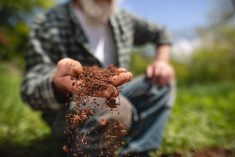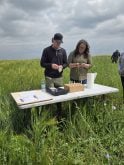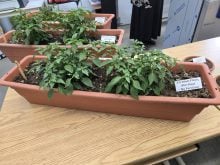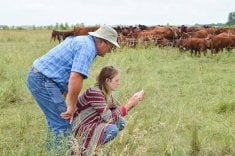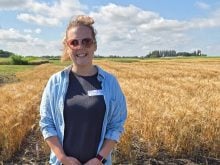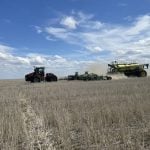Glacier FarmMedia – The Canadian Senate plans to launch a new national soil health study this autumn.
“The last study was done in 1984, chaired by Senator Herbert Sparrow,” said Senator Rob Black. “When I got into the chamber four and a half years ago, I set my sights on another Senate study.”
Black announced the plan at the Harnessing the Power of Soil Health at the Grand River Raceway in Elora, Ont., July 21.
Read Also
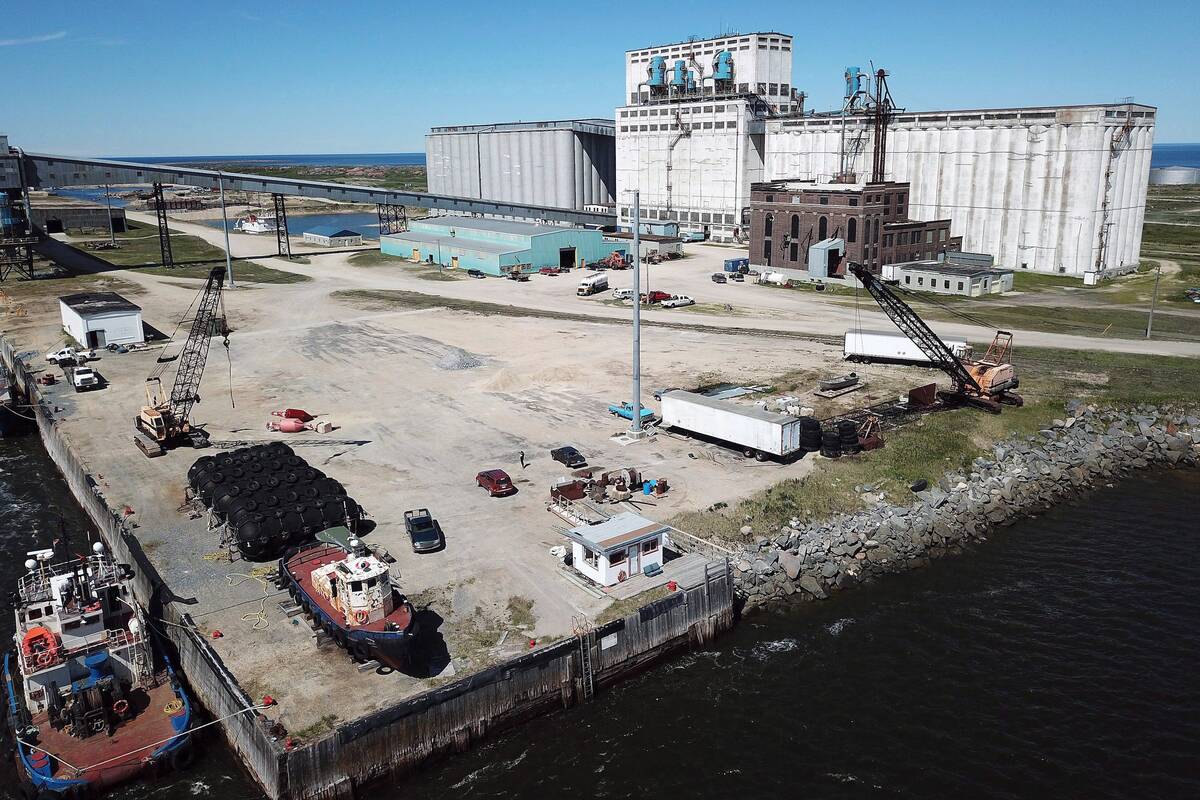
Air, land and sea join forces as Manitoba launches Arctic trade corridor plans
Manitoba wants to take its Arctic trade routes to the big leagues. The Port of Churchill, CentrePort Canada and Winnipeg airport have all raised their hands to help it happen.
Why it matters: Understanding soils in Canada is essential to soil health, carbon sequestration capabilities and creating a base for precision agriculture.
The last soil health study, ‘Soil at Risk — Canada’s Eroding Future’, is nearly four decades old. This spring, the Senate’s Agricultural and Forestry Standing Committee, which Black chairs, passed an order to undertake another national soil health study.
“(It) will look at the health of soils in Canada from a variety of perspectives, environmental, economic, from a focus on agriculture, but also focused on what Canadians, in general, need to know about the health of that soil of theirs,” said Black. “We all have to worry about it, as opposed to just farmers.”
Much has changed in the agricultural sector over the last 38 years, and arable farmland continues to be lost to urban and industrial spread, Black said, especially surrounding large urban centres.
“All that prime farmland around Toronto — that’s gone now,” he said. “The other piece is the land in production around Toronto. Much of it is rented from developers who own it.”
Black said producers and farmers won’t necessarily put time, effort or money into soil enrichment if land speculators can claw back the land without notice.
“A farmer who rents it year to year isn’t going to do that,” he said. “So, what do we have to do? Because we’re going to have to feed ourselves and many, many more going forward, and we’re losing that acreage. How can we ensure that the soil we have left is healthy and viable?”
Black said the study is expected to begin in September and take 18 months to two years to complete, and there will be coinciding smaller studies. The final report will likely contain several recommendations aimed at government, agriculture, Canadians and soil and crop improvement associations and groups, he said.
The Sparrow report contained 20 recommendations and about 75 per cent were acted upon, including creation of the Soil Conservation Council of Canada.
Andrew Graham, Ontario Soil and Crop Improvement Association (OSCIA) executive director, is optimistic that Black’s solid commitment and study results will highlight opportunities and spur further adoption of soil health.
“It’s an essential starting point to celebrate our accomplishment because much has been put on the ground since Senator Sparrow’s work back in the mid-80s,” said Graham. “And the conversations will also expose shortcomings and galvanize efforts towards setting an aggressive path to a co-ordinated effort to regenerate the health of all agricultural soils.
“The work that’s going to be conducted by Senator Black is extremely timely. It’s good to hear that he wants to receive comments from anyone in society because, let’s face it, having resilient soils is a big part of our future food production in this country.”
With Black at the helm, Graham is hopeful the report will lead to continued action by individual provinces and the federal government.
There’s also a lot of value in agricultural groups and organizations rallying behind a single message on the importance of soil health, Graham said.
“If citizens can learn more about food production and the importance of having resilient soils, I think it will contribute very positively to the decision-making by government.”
He added that, while strides in soil health have been made, a letter of support from his organization notes “…warning bells are sounding, and we all need to take responsible action.”
– This article was originally published at Farmtario.





